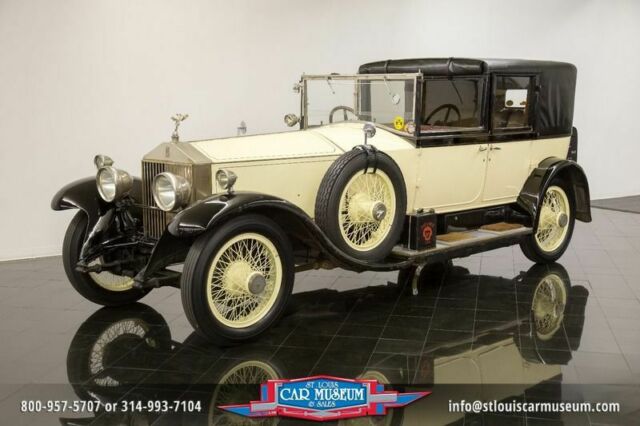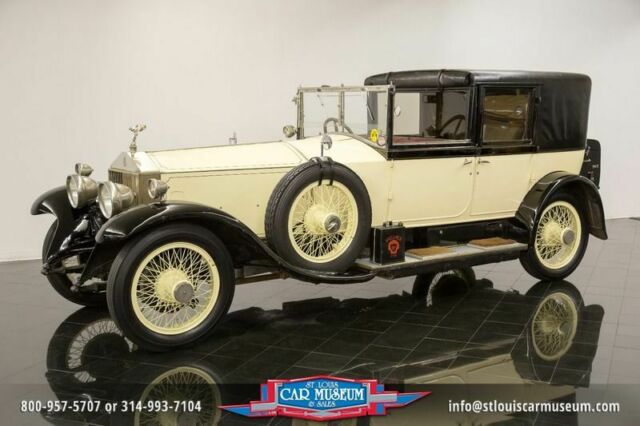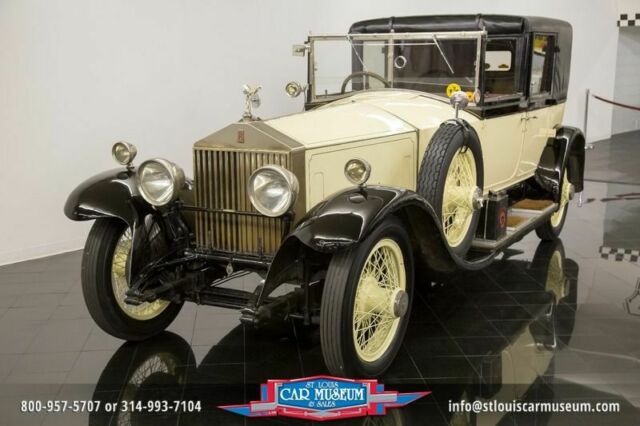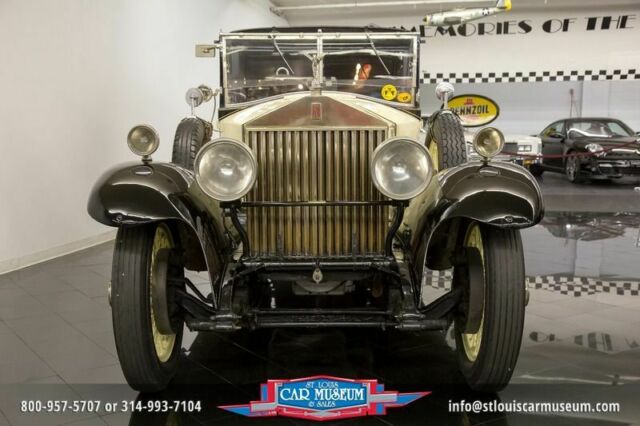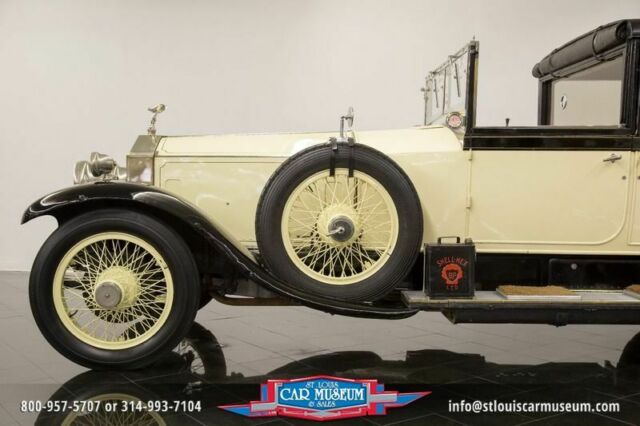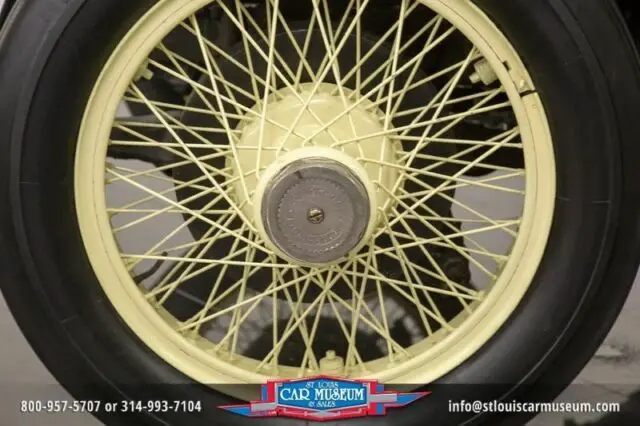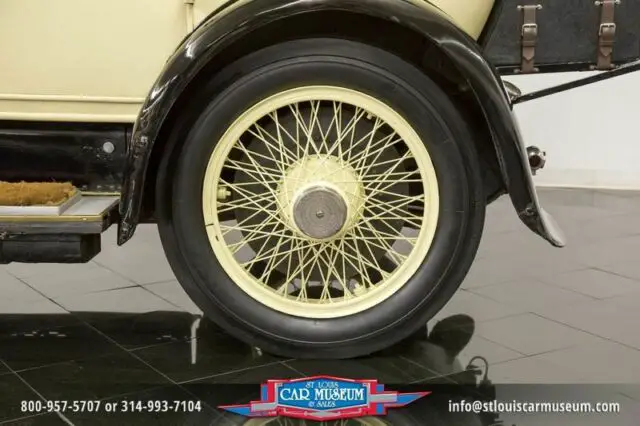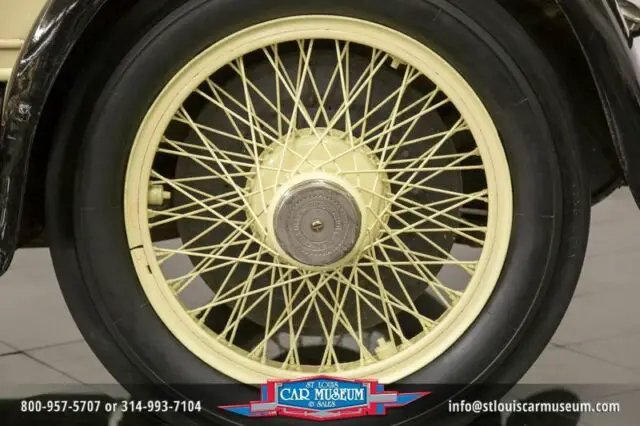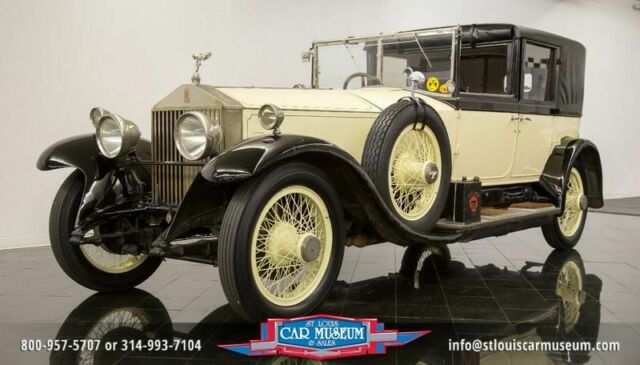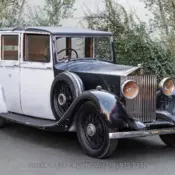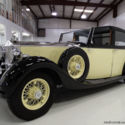Phantom I Sedanca de Ville by Barker 4-speed manual
| Make: | Rolls-Royce |
| Model: | Phantom I Sedanca de Ville by Barker |
| Type: | -- |
| Trim: | -- |
| Year: | 1926 |
| Mileage: | 58997 |
| VIN: | 57DC |
| Color: | White |
| Engine: | -- |
| Fuel: | Gasoline |
| Transmission: | Manual |
| Drive type: | -- |
| Interior color: | Red |
| Vehicle Title: | Clear |
| Item location: | Saint Louis, Missouri, United States |
1926 Rolls-Royce Phantom I Sedanca de Ville by Barker -- Additional Info:
Early Phantom I Sedanca De Ville by Barker & Co. Classic Rolls Royce engineering in a coach built Town Car designed to be chauffeur driven with seating for 4 rear passengers. Survives with an excellent body and solid wood construction. Showcasing an older, well preserved cosmetic restoration today and just 59,000 miles on the odometer! CCCA eligible and candidate for Rolls Royce Owners Club events. Rolls Royce Phantom I Sedanca de Ville Background: Rolls Royces Silver Ghost became the most... famous vehicle ever built due to its silent operation, rugged construction, durability and ease of operation. From 1906 until 1925, it was sold to the most discriminating buyers worldwide and earned the Rolls Royce Company its slogan of The Worlds Best Automobile. By the mid-1920s, the technology used to build the Silver Ghost was becoming antiquated and a new model was designed. First called The New Phantom and later referred to as the Phantom I, the new model used a modified chassis design based on that of the Silver Ghost but with an addition of four-wheel, servo-operated mechanical brakes. The engine of the new Phantom I was totally re-engineered to use overhead valves instead of en-bloc valves and its displacement was increased by nearly 20 percent. Other features of the new engine included a redesigned carburetor that was fed fuel by a dash mounted vacuum tank and a front mounted vibration dampener, which helped to further quiet the already near silent engine. The new engine proved to be more powerful than that of the Silver Ghost and initial tests found the vehicle to have a top speed of near 100 miles per hour. The chassis of the New Phantom carried a base price of about $12,000.00. Rolls Royce never produced its own coachwork, but supplied the new owner with a chassis that was equipped with a radiator, hood, dashboard and fenders if desired. The new owner would then have a custom body built to his or her specifications and fitted to the Rolls Royce chassis. This 1926 Rolls Royce Phantom I, chassis number 57DC was sent to the well-known British coachbuilder, Barker & Company who fitted it with a popular body style known as the Sedanca de Ville. Barkers Sedanca de Ville was a town car with seating for four in the rear and an exposed front chauffers seat that had a retractable top covering. Unlike most formal cars of this period, which were large and bulky looking, this model was narrow, sporty and well-balanced in design. Rolls Royce Phantom I Sedanca de Ville Info: The history of this 1926 Phantom I is well known and documented. Based on the build cards and service history records retained from the Rolls Royce Enthusiasts club, chassis number 57DC was completed on July of 1926 and sold to a Mrs. Birkin of Hyde Park Gardens in London. Prior to being sold to Mrs. Birkin, this car was used as a trials car both by Rolls Royce and by Barker. The term Trials Car, as used by Rolls Royce, indicates that this vehicle was used fordemonstration purposes for a short period of time before being sold. Records of the car kept by Rolls Royce indicate that the car went through a series of different owners prior to being sold to a L.J. Thompson in 1946. During this twenty-year period, 57DC was maintained by Rolls Royce dealers. The records documenting its ownership and service history during this period are included with the sale. After the Second World War, 57DC spent most of its life in the UK with an exception of a period during the 1970s and 1980s when it resided in Greece and owned by a prominent shipping heir and banker named Alexander Andreadis, who, at one time was married to Christine Onassis. Based on decals on the front windshield, the Rolls Royce actively participated in touring events and rallies in Greece. 57DC was once again returned to London by the mid-1980s when it was again resold. The next owner was a Mr. Richard J. Goeken of Houston, Texas. The car remained in Goekens collection until his death when it was purchased by a noted Midwestern collector of prewar automobiles. Today, 57DC remains in very original and well-preserved condition. The mileage indicated is approximately 59,000. Interestingly, the original service records indicate of mileage of nearly 48,000 while it was still being maintained by Rolls Royce prior to WWII, meaning it has been driven just 11,000 in the last 70 years. The original Barker Sedanca de Ville body remains in extremely solid condition. The door open and close with the authority and precision expected from a high quality, coach-built motorcar. The body shows no signs of damage or neglect. The wood inner structures appear tight and solid throughout. All of the sheet metal and aluminum body panels and fenders are original, straight and solid. The ivory and black paint appear to have been applied several decades ago. While showing overall signs of wear and aging, the painted surfaces still show extremely well with a warm and pleasant glow. The black fabric top covering shows well and was likely replaced when the body was refinished The front drivers compartment is finished with a red leather seat that is in good condition and was likely recovered many years ago. The dashboard has its complete collection of Rolls Royce script gauges and controls that have been well preserved and are in very good original condition. There is a folding cloth covering that can be used to cover the driver during inclement weather. The rear passengers compartment is extremely well presented. It is finished in a tan, cloth fabric, which is complemented by polished wood trim panels and nickel plated accents. The interior remains in very nice condition and shows only minimal signs of wear and aging. The divider window assembly has been in the up position for many years and will likely require some servicing in order to perform properly again. With the exception of a missing privacy curtain and a damaged rear door assist rope, the interior is complete with two folding jump seats, folding armrests and vanities. This 1926 Phantom I is well equipped with several period and factory options such as King of the Road headlamps with matching, oversized fender lights, CAV dual spot lights and tail lights, a rear mounted, contoured trunk, and dual side-mounted spare tires. Of course, the famous Rolls Royce Spirit of Ecstasy mascot adorns the radiator. Under the hood, the original engine #0I45 appears to be very original and correct. Since this is one of the earlier Phantom Is built, it retains the desirable cast iron cylinder head, which is more reliable than the later aluminum heads. The engine retains its dual distributor and magneto ignition systems, the correct carburetor, vacuum tank, generator and starter assemblies. The engine starts easily and idles well. The original four-speed, right hand shift transmission assembly shifts smoothly and accurately. The car retains its original 23 Dunlop wire wheels with older, replacement tires. Unlike most vehicles of this period, this 1926 Rolls Royce Sedanca De Ville has never been disassembled. 57DC has only been cosmetically restored as needed and today, remains in very good, mostly original condition. It will be a welcomed candidate for Classic Car Club of America and Rolls Royce Owners Club events and will certainly be a focal point of any collection.
